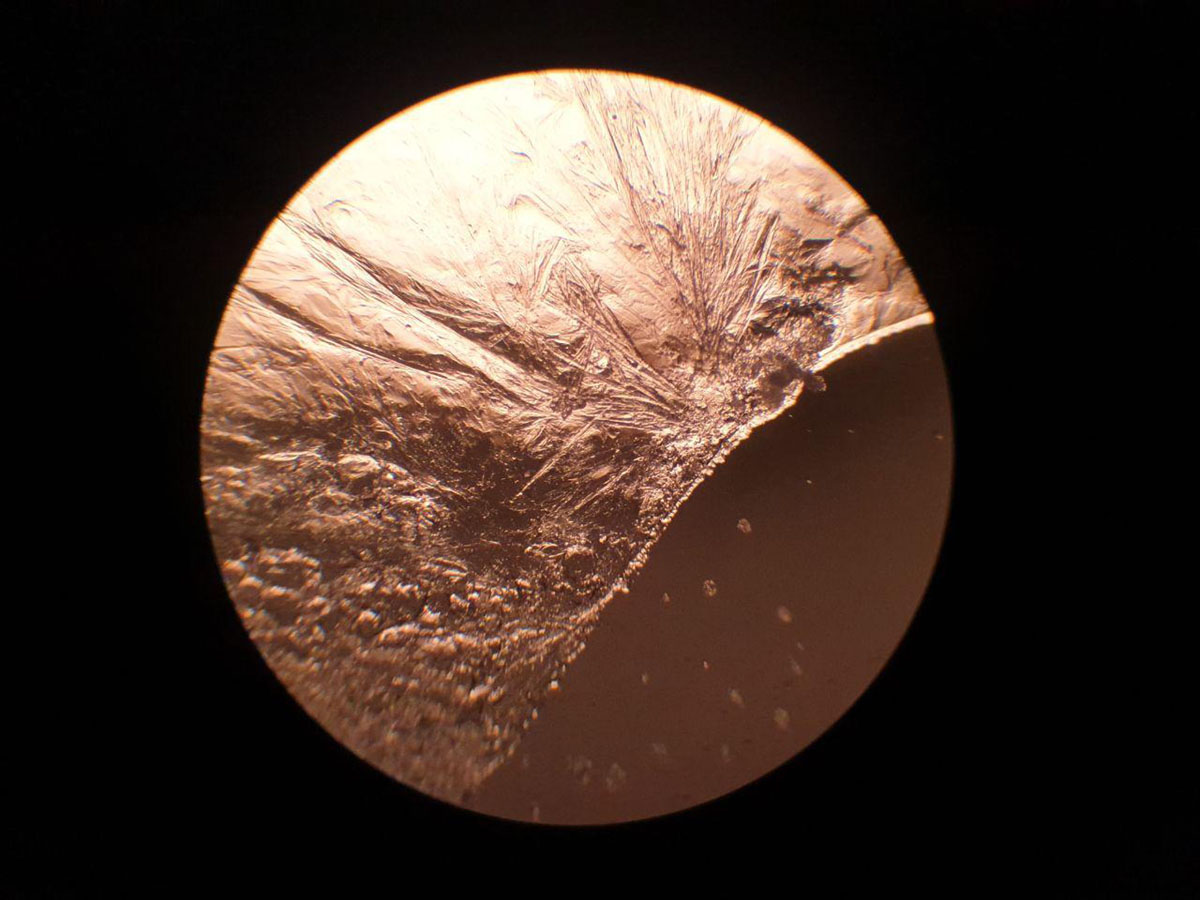
Magnesium deficiency is often the cause of many chronic conditions that are pretty often almost completely undetectable. This deficiency is also a major contributing factor in some other conditions. Magnesium is a mineral that is vital for many different functions in the human body. It creates the new cells and maintains the proper functioning of the kidneys and the heart. It is also in charge of producing energy, promoting digestion, relaxing the muscles and improving their functions and activating the brain and the central nervous system. Most magnesium supplements cannot improve the deficiency unless they are water soluble or in ionic from because they just pass through the digestive tract with little or no effect at all.
Magnesium is very important for the overall levels of energy in the human body. If there is a deficiency it triggers inhibition of energy production and causes the person to feel weakness and fatigue. Magnesium is important for the regulation of the levels of potassium and proper functioning of the adrenalin glands. Magnesium deficiency usually triggers insomnia, tension and muscle spasms. This happens because the central nervous system requires more magnesium in order to function properly. The outcome of this is that a person becomes highly irritable and nervous at slightest disturbances. Premenstrual syndrome symptoms are also caused by a magnesium deficiency. Osteoporosis is also one of the conditions that can occurs when the body does not have enough magnesium.
Magnesium deficiency can be so complicated and it can even lead to a heart attack. The warnings of a possible fatal outcome are easily recognized in angina pain, collapsing, and unusual heart rate. Magnesium deficiency can also cause anxiety, depression, headaches, migraines, asthma, seizures, kidney stones and arthritis. If calcium and magnesium are not taken in appropriate proportions, the calcium will become pollutant and cause calcification, degeneration, arthritis, heart disease and senility. Magnesium gets dangerously depleted by alcohol, coffee, tobacco, sugar, fizzy drinks, stress, diuretics, too much calcium and too much carbohydrates. Several other symptoms of magnesium deficiency include fatigue, anxiety, spasms and cramps, sleep disorders, tension, low energy and irritability.
Magnesium deficiency can be solved very efficiently by using liquid ionic magnesium dissolved in water. This is quite possibly the best and the fastest way to get the magnesium assimilated into the body. One just needs to measure the serving size into a glass of water, and drink the solution which will bring relief from poor digestion, promote proper functioning of the muscles and bone formation, create new cells and provide proper functioning of the kidneys and the heart.

















Your thoughts on this
Loading...